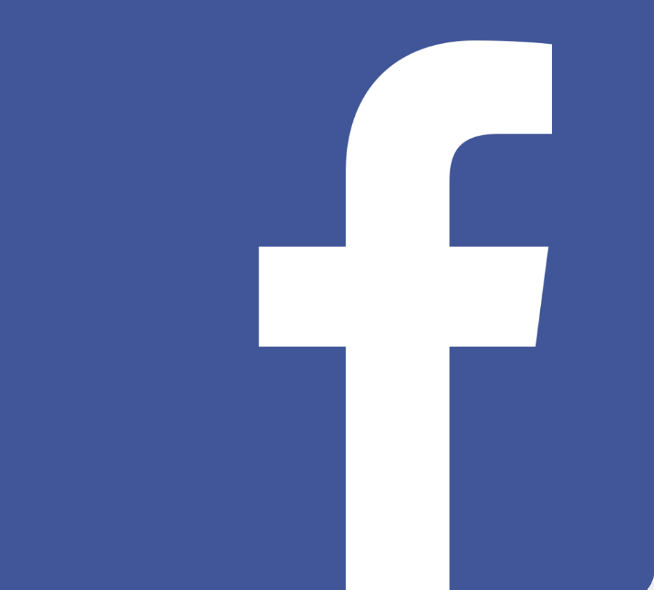
Over the last four years, I have been involved in several reiki classes and clinics led at the Boston University Center for Psychiatric Rehabilitation. Those learning opportunities have involved several other students at the center and have been led by Cynthia Piltch, Ph.D., who is an experienced Reiki Master Teacher.
Reiki (pronounced ray-key) is a healing approach from Japan that promotes the relaxation response and brings the mind and body into its natural balance. In Japanese, reiki means "universal life energy," and it is thought that this energy makes up all things. A reiki practitioner is thought of as a channel to transfer this energy to a client through a series of hand placements on or above a fully-clothed client's body which correspond to the body's energy centers (called chakras). Reiki taps into the body's own ability to calm and balance itself. It is currently used in many hospitals as a part of pre- and post-operative complementary practices. See below for
a primer on Reiki.
Both practitioners and clients get benefits from reiki. Reiki is unique in that once attuned to this energy, practitioners can then use it on themselves as well as share it with others.
When I first started learning reiki, I felt uncomfortable with touch because it made me feel twitchy and ungrounded. Through the process of learning reiki, I became more comfortable with both giving and receiving touch. In the process, I also began to recognize that my sensitivity is just one of many ways people can experience reiki. Knowing this, I am able to have the confidence to share my experience as well as ask for help when I need it.
Likewise, other practitioners have also noticed reiki creating changes in their own experiences. Candace, another reiki practitioner said, "Reiki is the first modality where I have been able to really focus on myself and integrate my practice into my life. Reiki keeps me centered through crisis." Other benefits practitioners have experienced include pain reduction, relaxation, confidence and grounding. Practitioners also notice the sense of connection reiki fosters between other practitioners and clients.
Clients also experience reiki in various ways and gain benefits from experiencing a reiki treatment. Lenny, the fitness coordinator at the Recovery Center, has repeatedly described his experience of reiki as feeling like "being wrapped in a warm blanket full of love." This image of warmth and comfort is one of the ways people can describe what reiki feels like and also illustrates that the sense of connection reiki fosters is not limited to practitioners. Kim Mueser, the Executive Director, noted after a treatment, "Reiki gives me a break of focused time where I can just relax and I like the soothing touch involved in receiving reiki." Many clients enjoy the safe touch reiki provides and find the process relaxing.
While no one can say for certain what making reiki available will do to the world at large, on the small scale we have experienced, it would reduce stress and allow people to connect with each other in our busy lives. For instance, several of us have been taking reiki classes together and organizing clinics at the Center and in the broader community. That process has helped us individually to support our wellness and increased our confidence and sense of community cohesion.
Additionally, in October, five of us presented our experience with reiki to clinicians and peers at the MASSPRA conference, October 15-16, 2014. All of us spoke of the particular gifts reiki has given us individually in terms of helping us build confidence and address individual health concerns like fibromyalgia pain, depression and panic attacks. We also offered brief reiki treatments at the conference, and everyone commented about the enormous sense of comfort and relaxation it provided them with even a brief treatment. This experience also increased our confidence in what we can do together and our interest in making other presentations to let others in the mental health community know what a valuable wellness tool reiki is for us individually and collectively.
Emma Hryniewicz is a student at the Boston University Center for Psychiatric Rehabilitation, as well as a freelance writer, poet and reiki practitioner. She graduated from Simmons College in 2010 and volunteers as a cat caretaker at the MSPCA Boston Animal Care and Adoption Center.
What is Reiki?
Reiki is a hands-on healing technique that helps to elicit the relaxation response and assists in restoration of the mind-body balance. Reiki (pronounced Ray-Kee) is a Japanese word meaning “universal life force energy”. Reiki encourages enhanced functioning of the body’s healing systems. Self-healing can then take place on all levels (i.e., physical, mental, emotional & spiritual.)
How Does Reiki Work?
Reiki is a very safe and gentle, noninvasive touch therapy classified as a ‘biofield energy technique’ by the National Institutes of Health (NIH). Reiki practitioners are believed to help transfer this vital ‘life force energy’ to promote balance and self-healing. By its very nature, Reiki gives the power and control for healing to the receiver. Reiki is guided by the body’s own innate wisdom. The relaxation facilitated by the Reiki energy can help decrease stress, enhance the immune system, decrease muscle tension, stimulate the production of endorphins (natural hormones that act to decrease the perception of pain) and create a profound sense of inner peace and well-being.
How is Reiki Practiced?
Reiki is done through a series of hand placements on or just above the body. The hand placements follow the energy centers of the body, which correspond to the endocrine / hormonal system and are in line with chakra centers. Reiki is done with the client fully clothed and sitting in a chair or lying down on a massage table.
When is Reiki Useful and How can Someone Learn it?
There are no contraindications to Reiki and it is believed to do no harm. Reiki is used in hospitals and health care settings throughout the country. It is NOT a substitute for standard medical or psychological care. However, Reiki is used for relaxation, the reduction of stress, the reduction of muscle tension & worry, and before/during/after surgery to help enhance the healing process.
How will Knowing Reiki Help You?
Reiki is a self-care tool that helps someone effectively balance his/her energy system and elicit the relaxation response. Given the high levels of stress experienced by many people, being able to do self-Reiki as well as Reiki on others will equip you with a lifelong tool for self-care (along with other approaches such as exercise, meditation and yoga) and a protocol for providing SAFE healing touch to others.
 Over the last four years, I have been involved in several reiki classes and clinics led at the Boston University Center for Psychiatric Rehabilitation. Those learning opportunities have involved several other students at the center and have been led by Cynthia Piltch, Ph.D., who is an experienced Reiki Master Teacher.
Over the last four years, I have been involved in several reiki classes and clinics led at the Boston University Center for Psychiatric Rehabilitation. Those learning opportunities have involved several other students at the center and have been led by Cynthia Piltch, Ph.D., who is an experienced Reiki Master Teacher.


